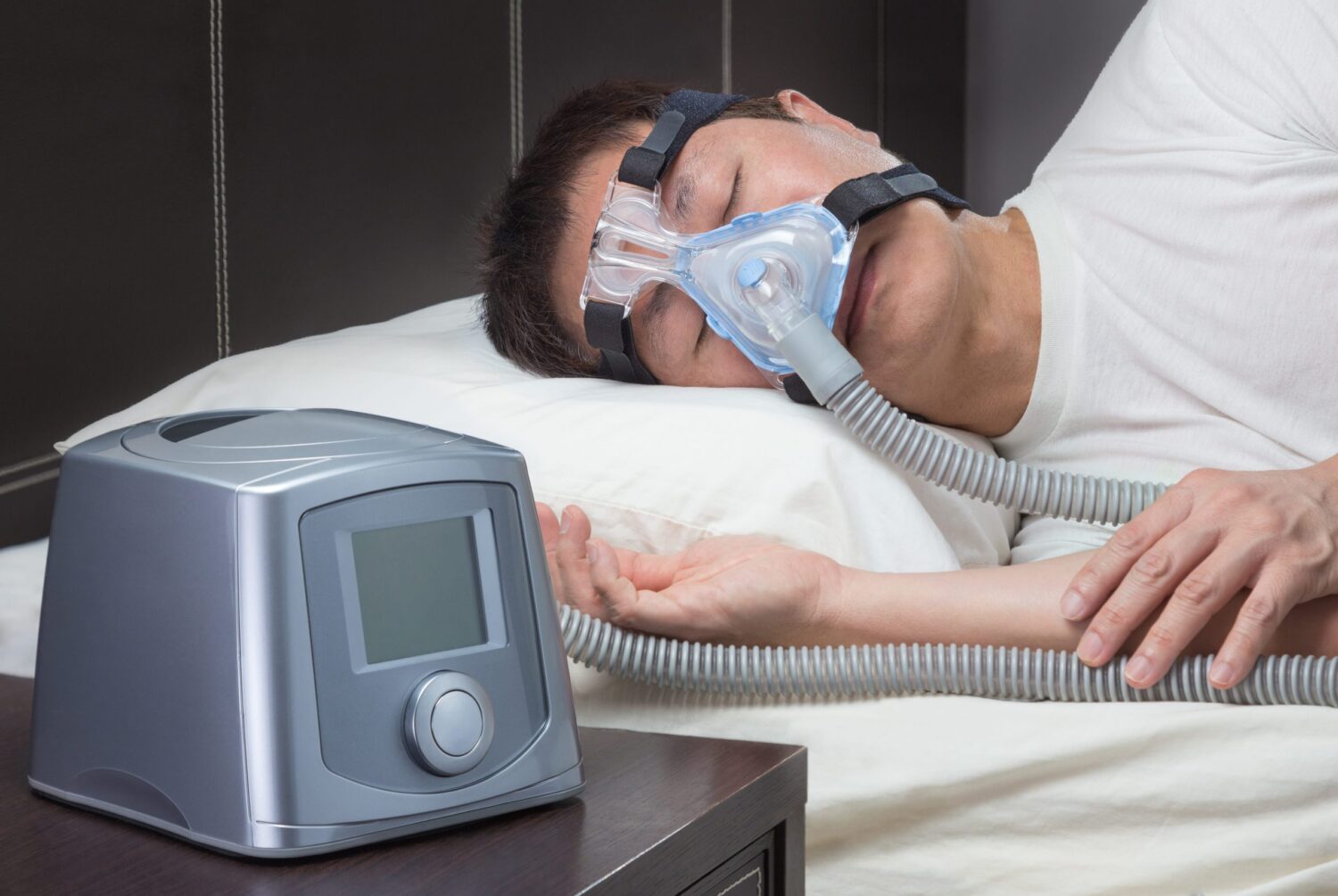
Guide to Using CPAP Machine Humidifier in the Summer
What are the signs that indicate when to use a humidifier and when not to use it? Should I refrain from using it during the warmer months of summer and limit my use to the cooler months of fall and winter? Should I continue to use my CPAP humidifier during the winter as well? Does it actually assist with my treatment for getting me to sleep? These are some of the most typical questions that people who use a CPAP machine often ask.
Why Should You Make Use of a CPAP Humidifier?
The addition of humidification to CPAP therapy does not treat or cure obstructive sleep apnea (OSA) or upper airway resistance syndrome (UARS), but it does assist with the negative effects of CPAP treatment. If you are currently receiving therapy with CPAP and are finding that it causes nasal dryness, congestion, or discomfort, then adding humidification to your routine may help reduce the severity of these symptoms.
The increased flow of dry or cold air through the nasal passages may be the cause of some of the sensations experienced in the nose. The addition of humidity to a sleep apnea machine during sleep treatment has two purposes: first, it adds an extra layer of comfort, and second, it helps the nasal passages adjust to the significantly increased airflow.
The quantity of moisture that is present in the air is referred to as humidity, and it is mostly affected by the temperature (how warm or chilly the air is) of the environment. The ambient temperature is what ultimately decides the quantity of moisture that exists in the air. In most cases, warmer air contains a significantly greater amount of moisture than air at lower temperatures. The relative humidity is an essential component in comprehending and evaluating the significance of CPAP humidification with regard to patient comfort while undergoing treatment. Learn more about what obstructive sleep apnea is?

Using Humidifier in the Summer
Some people do not require the use of a humidifier during the summer months because the air is significantly warmer than it is during the winter months. This indicates that less moisture is required for the relative humidity to reach 100% (warm air = more humidity); consequently, some people do not need to use a humidifier during the summer months.
Use a CPAP Humidifier to minimise nasal irritation
During the warm summer months, the following are some scenarios in which a humidifier for a CPAP machine may be required:
- If turning on the air conditioner in your bedroom causes the air to become cooler and drier, you may need to turn on your humidifier in order to feel more comfortable.
- If you reside in desert-like environments (with no humidity in the air).
- If the temperature outside appears to be lower than it is within. Because low humidity may make it appear much cooler than it actually is, which is a clear indicator that you will need to use the humidifier, you will need to be sure that you have it turned on.
- Mouth breathing or a leak in the mask might be the cause of the issue. This loss of air causes a significant loss of humidity, which in turn leads to a greater number of problems.
- Your body might just require more hydration. You are not the same as the next patient, which means that you will not require the same level of humidity as they do. Because of this, you will not be receiving the same treatment.
- You may suffer from seasonal allergies and require humidification to relieve your congestion as a result of these allergies. Full-face CPAP masks are helpful in this regard as well.

Using Humidifier in the Winter
Because the air is significantly colder during the winter months in comparison to the summer months, the relative humidity of the air must include a greater quantity of moisture in order to achieve 100% (colder air = less humidity). Take notice that this is before you use a humidifier with your CPAP machine. When you add the CPAP to the mix during the winter months, the increased flow of air causes the humidity level of your nasal passages to be even lower than that of the room you sleep in. This is especially true if you suffer from a condition known as chronic obstructive pulmonary disease (COPD).
Using CPAP Machine Humidification and Its Benefits
It is estimated that up to forty percent of CPAP users suffer from nasal congestion as well as dryness of the nose and throat. It is possible for these symptoms to be severe enough for individuals to be unable to continue their therapy. Humidifiers designed for use with continuous positive airway pressure (CPAP) systems give both moisture and warmth to the air that is supplied by these systems. This alleviates feelings of dryness and congestion, which, in turn, will lead to an increase in the overall degree of comfort experienced and compliance.
Studies have shown that increased nasal resistance can lead to an increase in mouth breathing, which is something you want to avoid doing since it can cause more dryness and irritation in the nasal passages. The significant rise in nasal resistance that causes people to breathe through their mouths and causes leaks may be avoided with heated humidification. In addition, the total advantages of your sleep therapy will increase as a direct result of this.
At Air Liquide Healthcare, we provide amazing CPAP machine and accessories options for people to treat their sleep apnea condition, if you want more clarity and professional advice about this condition, you should book a consultation session with our sleep specialist today!
